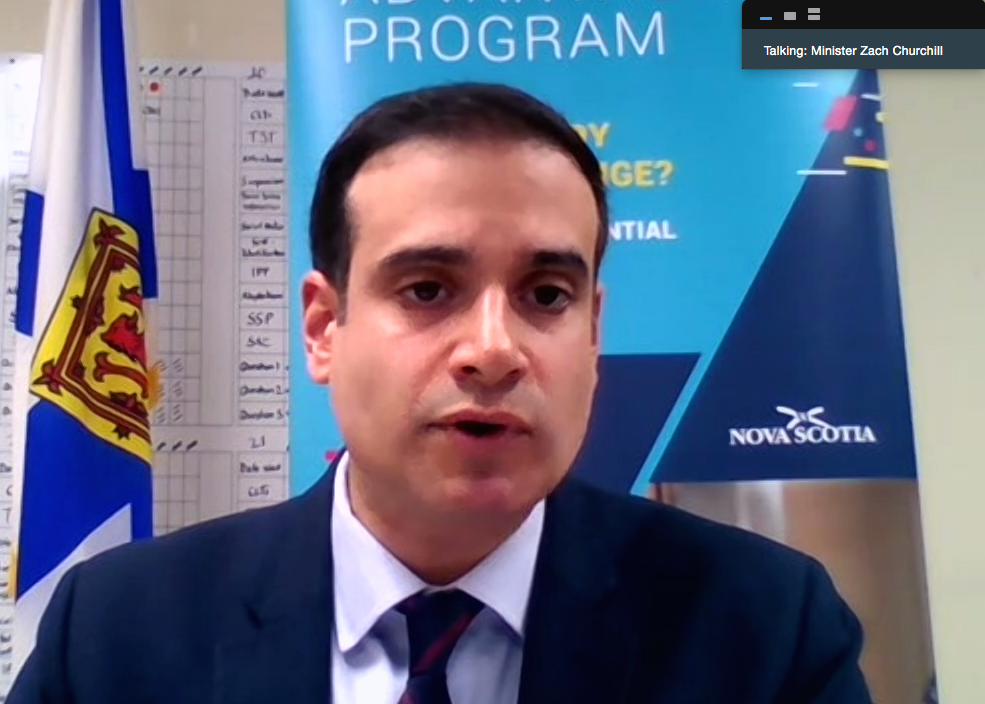Parents upset with school COVID communication ban

SSRCE School Bus. Photo Ed Halverson
Parents are upset schools are not telling them about COVID in classrooms.
As public health moves away from contact tracing, parents must rely on each other to find out if their kids have been exposed in schools.
One of those parents is Matthew Verge whose two stepchildren aged seven and eight attend Centre Scolaire du la Rive Sud in Cookville.
Verge became concerned when he learned one of his children’s close friends contracted COVID but no one from the school let his family know.
“We not only didn’t receive a notification that there was a case,” said Verge. “We didn’t receive a notification that we wouldn’t be receiving notifications.”
Verge says the school community is tight and parents do a good job of informing each other what is happening in classes but argues it shouldn’t be up to parents to contact each other about a potentially serious illness.
“I think it’s doubtful that a parent would end up just simply not knowing that there was a COVID case because there’s such a strong network. But that said, it’s not their responsibility,” said Verge. “And frankly, you could be the most involved parent that you could possibly be and you still wouldn’t have every contact information of every person.”
Verge’s concern is echoed across Nova Scotia.
Stacey Rudderham speaks for Nova Scotia Parents for Public Education, a Facebook group of over 20,000 parents from all over the province.
Her members are angry that school administrators are ordered not to share information about COVID cases in their schools with parents.
Rudderham understands the need to protect people’s privacy but says if a parent is willing to come forward and reveal their child has COVID to prevent classmates from contracting or spreading the virus, school officials should be allowed to get that message out to other parents.
“The message would be clear and it would be correct and people would feel like they were being informed. That’s the big thing,” said Rudderham. “We know from lots of experience that parents just; they want to be informed.”
Verge says that information is important for families to have when dealing with immunocompromised relatives.
“Do we not send them to school, do they never see their grandmother, do we risk the kids getting COVID themselves? Supposedly it’s okay with kids, but it’s not always. I don’t see why it’s such a big deal to just tell us,” said Verge.
No one from Public Health or the Department of Education and Early Childhood Development replied for a request to comment on whether the policy preventing administrators from contacting parents would be reviewed.
E-mail: edhalversonnews@gmail.com
Twitter: @edwardhalverson
To listen to the broadcast of this story, press play below.

